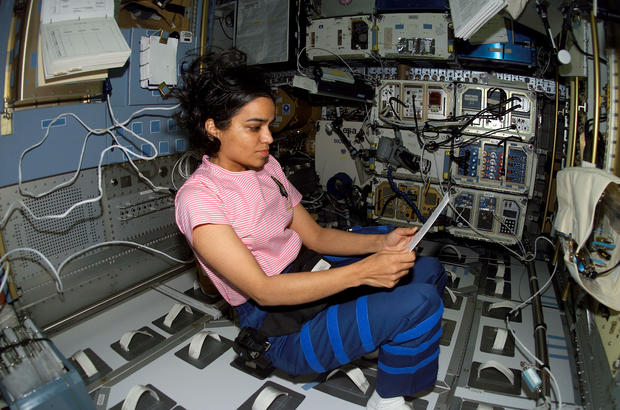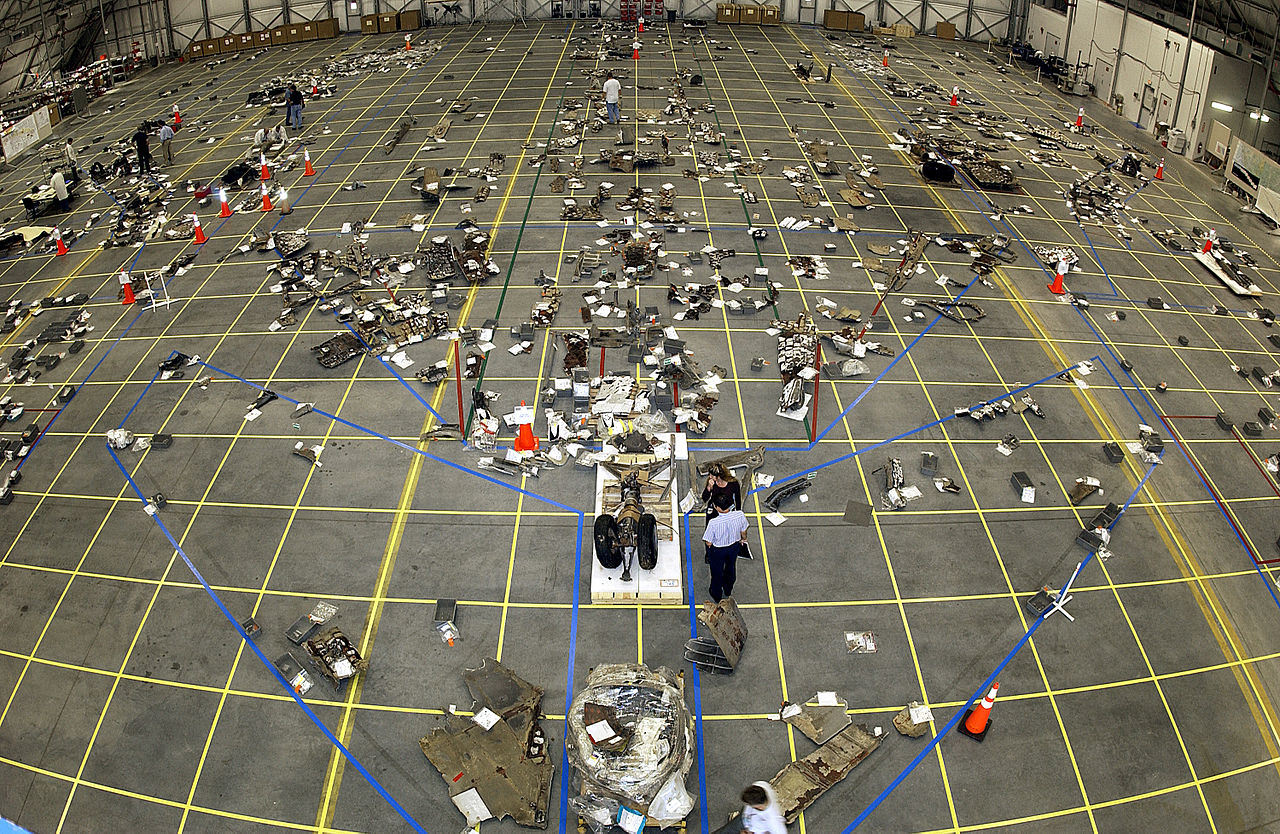

We try to be perfect, although we do not always succeed, as witnessed by terrible accidents such as Apollo 1 or the space shuttle Challenger, which exploded killing seven crew members, just ten days after I myself returned to Earth from space in 1986. They have now learned why and have fixed it for the next launch and so will be making progress.

There were eight engines that failed to ignite and then exploded. This last one they launched soared for several minutes. True, they had an explosion, but that’s their modus operandi. Do you think this failure will delay plans to land on the moon in 2025 or 2026?Ī. A few weeks ago, the Starship rocket that is to carry astronauts to the Moon exploded due to a malfunction. It seems like a lot, but it’s only 17 years. We think the earliest we can get to Mars is 2040. We are researching new propulsion systems for this so we can make the trip in three months, stay on the surface for a week and come back. You also need to be able to get there faster. It takes only three or four days to go to the moon, but going to Mars takes seven, eight months and once you get there you have to stay on the surface for one or two years before the planet comes back into alignment with the Earth and you can return. Now it’s about going to learn to live, work, create and invent, so that we can send humans to Mars someday. Is there an asteroid that might have titanium or precious metals? But with regard to the moon, we’re going to the moon for a different reason. But I think the important thing is also whether there are resources beyond the moon, maybe on an asteroid. We do not know what resources are available. Will these agreements also limit the exploitation of resources by private companies?Ī. NASA Administrator Bill Nelson at the U.S. We want to preserve those potential reserves for the international community, and prevent China from coming in and saying that the water is theirs, as they have done with the Spratly Islands. Water is important because it is composed of oxygen and hydrogen, and that’s oxygen to breathe and hydrogen for rocket fuel. We believe there is because we see ice in rock crevices that are permanently shadowed. In fact, we are going to land a robotic instrument in this area this year and another one that will dig for water next year. What worries me more is that both they and we are going to land at the South Pole, where we think there is water.

I think the United States will get there first. But there’s a lot that’s got to happen between now and then, and China may actually be planning to get there sooner.Ī. In subsequent missions, a crew of four members will all step onto the surface and stay there for up to 300 days. That crew will include the first woman to set foot on the moon, and the next man. If we are lucky, we will be the first to land on the moon in half a century, in 2025 or 2026. China has also just announced that it will send astronauts to the Moon in 2030. Who do you think will win this new space race?Ī. You specifically mentioned China, which is progressing very fast in space and aims to be the world’s largest space power by 2045. We want to prevent this kind of thing and that is why 25 countries have already signed up and there will probably be many more soon. This territory was in international waters, and China came and claimed it for their own they started building airstrips. And here I’m thinking of China and what it did in the Spratly Islands in the South China Sea. It also rules out that someone could reach the moon and claim territory and so prevent others from accessing it. Question: What are the Artemis agreements, and how will they benefit Spain?Īnswer: These are common sense principles, such as peaceful uses of space, coming together to help each other in times of danger and having cooperative parts, so that if you had to come to somebody’s rescue, the spacecraft would have compatible docking systems. After meeting with Spanish Prime Minister Pedro Sánchez at the Moncloa Palace, and signing the document with the Minister of Science Diana Morant, Nelson gave a joint interview to EL PAÍS and El Mundo at the U.S. The American is visiting Madrid because Spain has just become the 25th signatory of the Artemis agreements, the political framework for cooperation that will lay the groundwork for peaceful exploration of the Moon and other celestial bodies in the coming decades. Bill Nelson is a former Democratic senator, astronaut, and present administrator of the U.S.


 0 kommentar(er)
0 kommentar(er)
